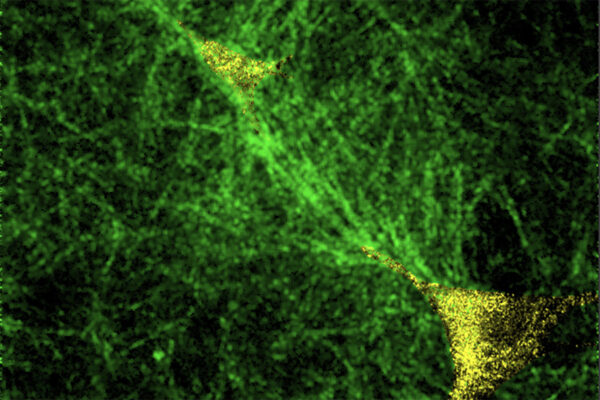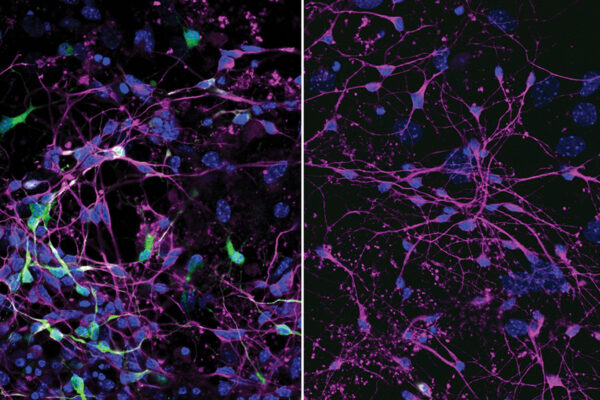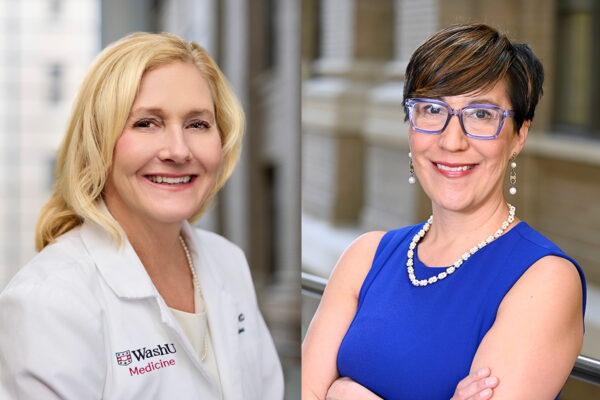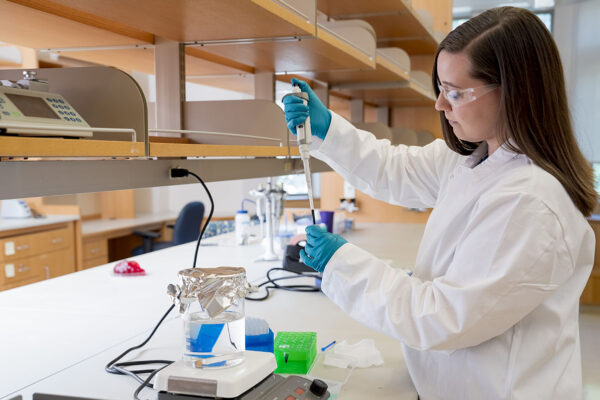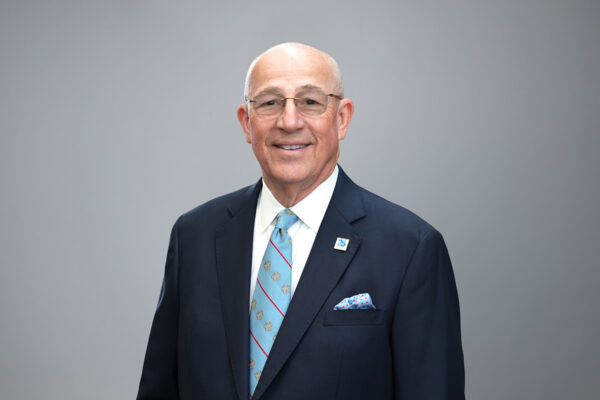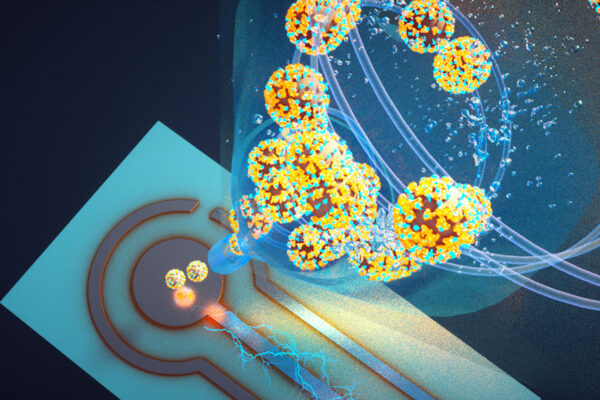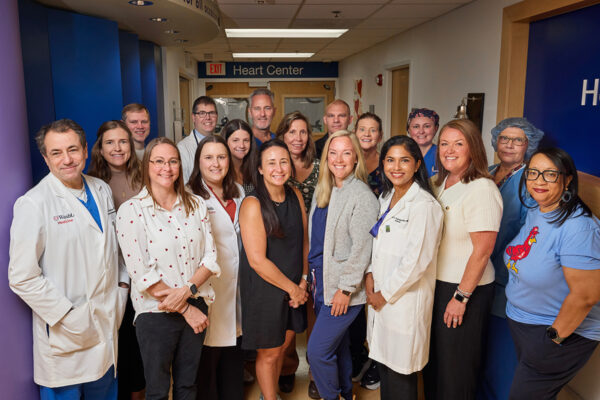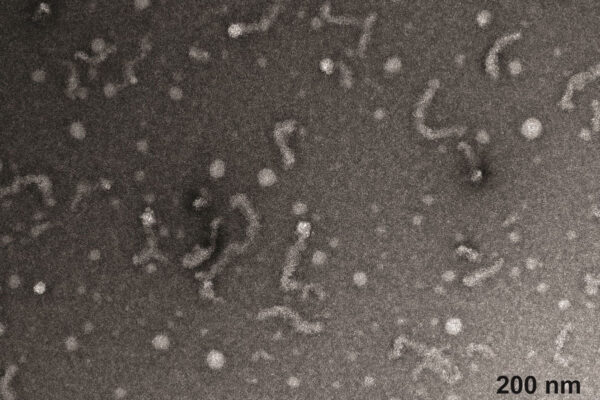New center to develop AI-based imaging tools to improve diagnosis, care
WashU Medicine Mallinckrodt Institute of Radiology is establishing the Center for Computational and AI-enabled Imaging Sciences, in partnership with WashU’s McKelvey School of Engineering, to improve the diagnosis and precision treatment of cancers, cardiovascular disease, neurological diseases and numerous other conditions.
Tissue ‘tipping points’: How cells collectively switch from healthy to disease states
In recent research, Guy Genin, a biomedical engineer at Washington University in St. Louis, has identified phase transitions in living tissue that could explain why fibrosis suddenly accelerates.
Discovery of viral entry routes into cells points to future prevention, treatment strategies
Researchers at WashU Medicine have identified central routes that two deadly viruses take to invade human cells and designed “decoy” molecules to block the infections.
WashU Medicine elevates Aagaard, Zehnder to expanded education leadership roles
WashU Medicine deans Eva Aagaard, MD, and Nichole Zehnder, MD, have been promoted to assume greater roles leading the Office of Education’s efforts to train the next generation of health and science professionals. Their promotions take effect Nov. 1.
Engineers create hydrogels to monitor activity in the body
Researchers at Washington University in St. Louis have created injectable bioelectric hydrogels for use in monitoring biological activity such as heart rate.
Woodard elected to National Academy of Medicine
Pamela K. Woodard, MD, head of the Department of Radiology and director of Mallinckrodt Institute of Radiology at WashU Medicine, is among 100 new members elected this year to the National Academy of Medicine, one of the highest honors in health and medicine.
Eberlein named president-elect of American College of Surgeons
Timothy J. Eberlein, MD, director of Siteman Cancer Center at Barnes-Jewish Hospital and WashU Medicine, has been active within the American College of Surgeons for many years, including serving as chair of the board from 2022-2023.
Disrupting infectious diseases
With a grant from the Advanced Research Projects Agency for Health, a multi-institutional research team led by scientists at Virginia Tech and Washington University in St. Louis will develop an indoor air device to disrupt transmission of infectious disease.
Team performs first pediatric ‘domino’ partial heart transplant in Midwest
The St. Louis Children’s Hospital and WashU Medicine Heart Center has become one of only eight programs in the nation to perform a rare, lifesaving procedure in which one donor’s organ is transplanted into a patient, who then becomes a donor for another patient.
WashU chemists reveal new insights into ALS-linked protein
Using advanced biophysical and imaging techniques, Meredith Jackrel and her team at Washington University in St. Louis have isolated the protein Matrin-3 to better understand its role in neurodegenerative diseases.
Older Stories

